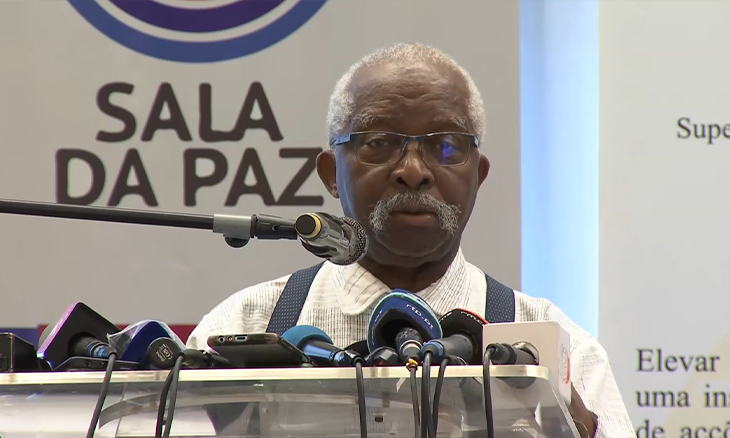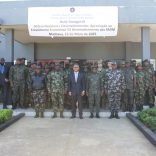Five decades of friendship to elevate Vietnam – Mozambique ties: diplomat
Mozambique Elections: Former CNE leader Mazula criticises “lack of transparency” – Watch

Photo: O País
The first president of Mozambique’s National Electoral Commission (CNE) argued yesterday that the country’s election results should be released within at least 48 hours, criticising alleged “dishonesty and lack of transparency” in the polls.
“We have to reflect and shorten as much as possible the period between voting and the release of the election results. I think that Mozambique is capable of releasing the results within 48 hours,” argued academic Brazão Mazula during a roundtable on the integrity of electoral processes and trust in electoral institutions in Maputo.
The academic, who was also rector of Eduardo Mondlane University, Mozambique’s oldest higher education institution, questioned the time interval between voting and the publication of election results, warning of the multiple “mistrusts” that this provokes.
“I think that in the last elections it took us 45 days to publish the election results. In my opinion, this period is not due to the complexity of the numbers, and leads citizens to believe that it is during this period that fraud is being planned, and votes for the opponent are being reduced,” he pointed out.
Brazão Mazula, who holds a PhD in History and Philosophy and is the author of several books, suggested that electoral bodies use technology to speed up the publication of results in the polls.
“Why can’t the process be computerised in such a way that we have results in 48 hours? (…) I suspect that this long period is to allow the results to be tampered with in favour of this or that party,” he argued.
Brazão Mazula suggested that the elections in Mozambique have not been “honest” and asked the electoral bodies to have “courage” and “morality”, in order to ensure impartiality in decision-making moments.
“The CNE and the Technical Secretariat for Electoral Administration [STAE] are not the owners of the electoral process. (…) They should be the path to truth and electoral justice,” Mazula judged, adding that it is the role of these institutions to hold elections with a focus on maintaining peace.
The academic, who suggested the creation of an “electoral court”, stated that “injustice” and “untruth” are “mortal sins” of the electoral bodies, and accused the CNE and the Constitutional Council of having been “very legalistic” in the decision that culminated in the exclusion of the Democratic Alliance Coalition (CAD), a political party that supported the candidacy of politician Venâncio Mondlane for the presidency of Mozambique.
“I still do not understand why the CAD was excluded from the electoral process. We read those decisions and there are so many articles, so much legalism, so many words. (…) With that articulation, the reasoning, we soon notice that, when there is a lot of legalistic wording, there is something that is being hidden. (…) There was no honesty, and an untruth was imposed on society that is a mortal sin of the elections,” he declared.
Mozambique will hold presidential elections on October 9, simultaneously with legislative and gubernatorial elections.












Leave a Reply
Be the First to Comment!
You must be logged in to post a comment.
You must be logged in to post a comment.